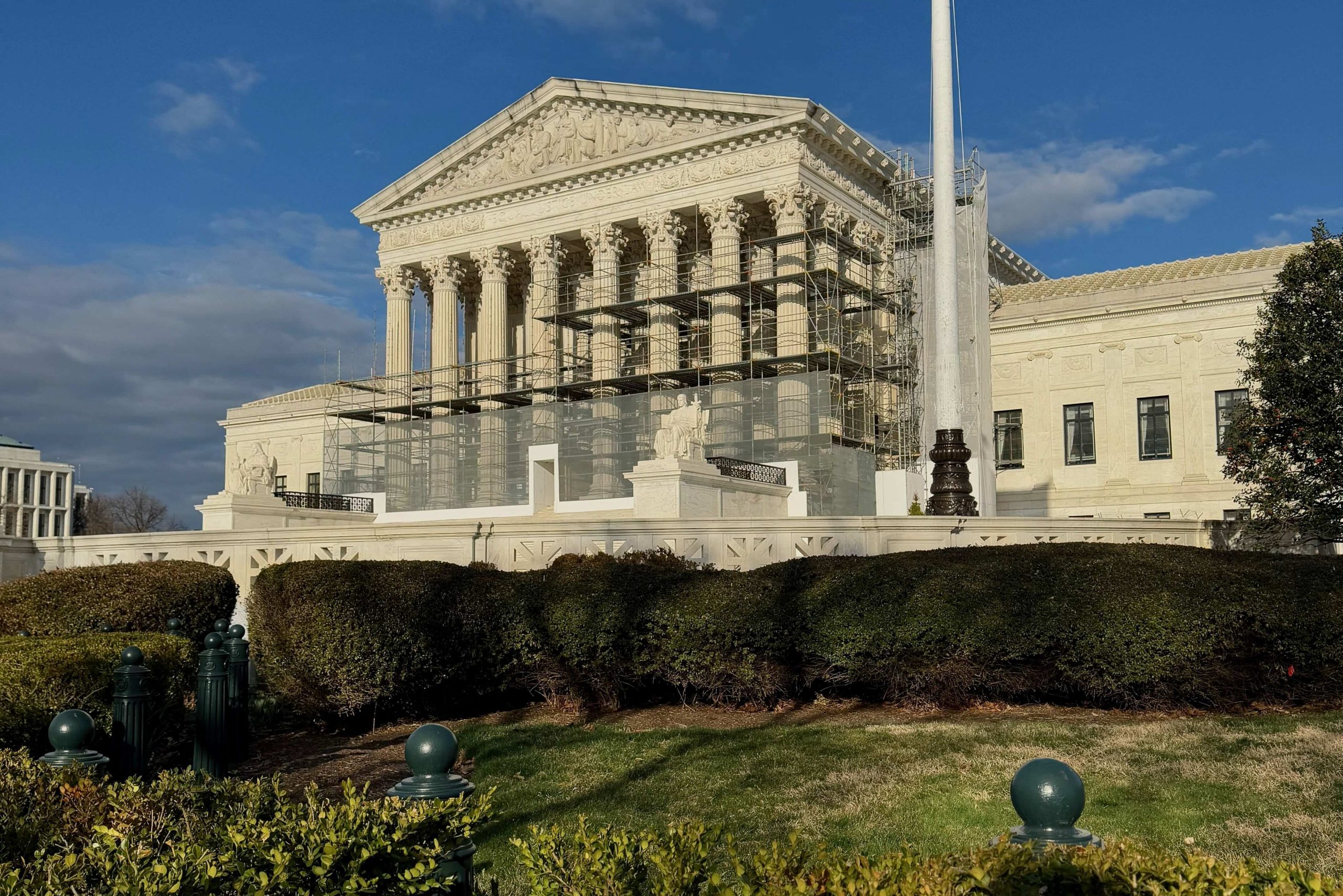Court adds two cases on Sixth Amendment and retroactive punishment to fall docket


The Supreme Court on Monday morning added two new cases, involving the Sixth Amendment right to counsel and restitution orders, to its docket for the 2025-26 term. The announcement came as part of a list of orders from the justices private conference on Friday, April 4.
The court did not act on several requests for emergency relief, including in cases involving President Donald Trumps effort to end birthright citizenship and his administrations use of the 18th-century Alien Enemies Act, that are also pending at the court. Orders in those cases could still come at any time.
The Constitutions ex post facto clause prohibits laws that retroactively increase the punishment for a crime or criminalize conduct that was legal when it occurred. The Supreme Court agreed on Monday to decide whether a restitution order, imposed as part of a criminal sentence, is the kind of punishment that can violate the clause.
The question came to the court in two separate cases. The justices agreed to hear the case of Holsey Ellingburg, who was sentenced to nearly 27 years in prison and ordered to pay restitution for his role in a bank robbery in Georgia. Under the federal laws in effect when he committed the crime, he was required to make his restitution payments for 20 years, until 2016. During that time, he paid approximately $2,000.
In 1996, Congress enacted a new law that extends defendants liability until the later of two dates: 20 years after the judgment is entered against them or when they are released from prison. The law also requires defendants to pay interest on the restitution.
After 2016, the government continued to try to collect restitution from Ellingburg including after he was released from prison. Ellingburg went to court, arguing that he should not have had to pay restitution after November 2016 and that the 1996 law violated the Constitution.
The U.S. Court of Appeals for the 8th Circuit rejected his argument, ruling that restitution is a civil remedy. Ellingburg came to the Supreme Court in October, asking the justices to take up his case. After considering his case at five consecutive conferences, they granted his petition for review on Monday.
The justices did not take up the case of William Neilly, who had also asked the justices to weigh in on a similar question. Neillys petition for review will presumably be put on hold until the justices rule sometime next year on Ellingburgs case.
Nearly a half-century ago, the Supreme Court ruled unanimously that a trial court infringed on a defendants Sixth Amendment right to be represented by an attorney when it prohibited him from meeting with his lawyer during an overnight break in his testimony. The Supreme Court on Monday agreed to decide a related question whether a court can allow a defendant and his lawyer to meet, but nonetheless ban them from discussing his testimony.
The question comes to the court in the case of David Villareal, who was convicted and sentenced to 60 years in prison for the stabbing death of his boyfriend, Aaron Estrada. Villareal insisted that he was only acting in self-defense.
Villareal came to the Supreme Court in November, telling the justices that the lower courts are divided over whether such a bar is constitutional.
Texas acknowledged that the lower courts have reached different conclusions regarding the propriety of such orders. But they are so rarely issued that the Supreme Court does not need to weigh in, the state insisted. And in any event, the state added, such orders are compatible with the Sixth Amendments original meaning.
After considering the case at two consecutive conferences, the Supreme Court granted Villareals petition for review.
The justices also turned down, without comment or relisting it for consideration at a second conference, a request to weigh in now on the constitutionality of the concealed-carry licensing scheme that New York enacted in the wake of the courts 2022 decision in New York State Rifle & Pistol Association v. Bruen, which struck down the law then in effect.
As the case came to the court, it hinged in particular on what time period courts should look at to determine the original meaning of the Second Amendments right to bear arms and the laws requirement that an applicant have good moral character. New York officials had stressed that the ruling by the U.S. Court of Appeals for the 2nd Circuit allowing the state to enforce most of the law was only a preliminary one and may change as the litigation continues.
The court once again did not act on several high-profile petitions for review that have been pending for several weeks, including challenges to Rhode Islands ban on large-capacity magazines and Marylands ban on military-style assault rifles, as well as a challenge to the transfer to a mining company of federal land in Arizona that the San Carlos Apache Tribe says would destroy specific religious rituals at the site forever.
This article was originally published at Howe on the Court.
Posted in Merits Cases
Cases: Neilly v. Michigan, Ellingburg v. United States, Villarreal v. Texas
